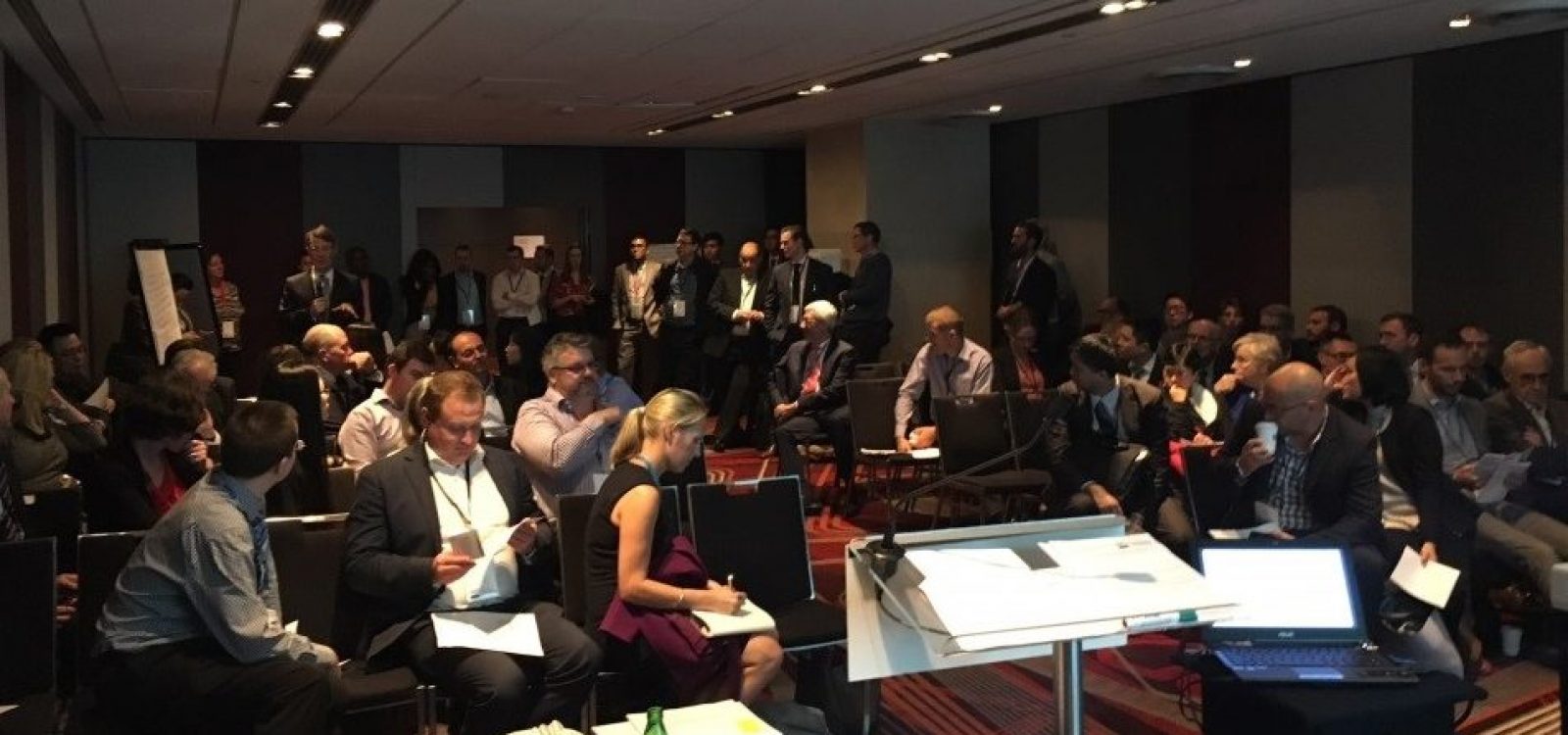
Meeting Challenges in Insurance and Super
Nathan Bonarius reports on the recent “Meeting Challenges in Insurance and Super” concurrent session from this year’s Financial Services Forum.
At no other point in superannuation’s history has insurance been under the microscope like it is today. Group insurance has been criticised for eroding members’ account balances, duplication of cover, complexity of claims processes and product terms and potential ‘junk’ insurance that won’t pay claims.
The Insurance in Superannuation Working Group (ISWG), a cross industry body, put together the Insurance in Superannuation Voluntary Code of Practice (COP) to help address these issues. Further to this, the Government recently proposed a number of legislative changes to superannuation in the May Federal Budget as part of the Protecting Your Super Package (PYSP).
Attendees of the Actuaries Institute’s 2018 Financial Services Forum were therefore fortunate to have a concurrent session presented by Richard Weatherhead (Head of Insurance at AustralianSuper) and Andrew Howard (Chief Operating Officer at REST) on the COP and give their perspective on the budget’s PYSP. (Both Richard and Andrew are architects of the COP chairing the Technical Committee and Code Development Committee respectively).
The whirlwind session attempted to cover off many big issues and, somewhat unusually for a conference concurrent session, engaged the audience to help solve the problems as well!

ISWG
Andrew kicked off the presentation with an overview of the community pressures and political backdrop that led to the creation of the ISWG and the work done to date with the creation of the COP. Richard then gave an overview of some of the key benefit design principles of the code including how trustees should prevent inappropriate account erosion through benefit design, premium limits, cessation of cover rules and member communications as well as avoiding multiple accounts/insurance when a member joins.
Another aspect of the code is improved disclosure through the creation of standard form Key Facts Sheet (KFS), compliance reporting as well as better explanation of the intention and application of TPD and Income Protection definitions.
Lastly the code covers service standards for the claim and underwriting processes and the governance of Premium Adjustment Mechanisms.
Key budget proposals
Richard then gave a quick overview of the changes announced in the 2018 Federal Budget, namely:
- No automatic insurance until the member’s account balance reaches $6,000
- Cover turned off for existing accounts with less than $6,000 at 30 June 2019
- Cover to cease after 13 months inactivity (i.e. no contributions)
- No automatic cover for new members joining under the age of 25
It was noted that many aspects of the Government’s changes were consistent with the spirit of the code but made them mandatory. The $6,000 balance limit on insurance cover was a new element not covered in the COP which could potentially have unintended consequences.
Interactive session
Following the informative presentation and a robust Q&A session the room was broken up into four groups, with each team asked to brainstorm some of the issues, considerations or solutions to one of the big questions in group insurance.
The issues covered included:
- Affordability, in particular how to determine affordable cover within the 1% salary limits, when it could be exceeded and specific measures for younger members.
- Account balance erosion and the possible impacts that trustees and insurers need to consider.
- Duplication of cover, and how trustees can address it and the possible impacts to be considered when removing cover or refunding premiums.
- Promoting, monitoring and reporting on the Code, including the challenges and practical steps that trustees need to take.
This was a new format for a concurrent session and although initial impressions might have been that the organisers were herding cats, the groups did pull together and put forward a number of thoughtful and interesting perspectives on the COP. For example, on the question of affordability some members questioned whether cover should be cut off completely if the benefit is so low that it wouldn’t be worthwhile. Similarly, members called out concerns about the $6,000 balance at which point cover will kick in from the Government’s reforms as members wouldn’t know when this occurs.
Changing the session’s format was certainly a challenge and given the volume of questions put to Richard and Andrew during the Q&A, we almost ran out of time. Despite this, the group format was well received. It got members up and talking to each other, gave some variety to the conference and most importantly allowed us all to have a spirited discussion on important policy questions that affect actuaries working in both life insurance and super.
Ultimately, from my perspective it was this discussion and the collective expertise of the room that generated the most value and is something that we actuaries should look to incorporate into more of our policy forums in future.
A big thanks also goes to Jia Tan who Chaired and helped organise the session as well as Richard Weatherhead and Andrew Howard for lending us their expertise for the session.

CPD: Actuaries Institute Members can claim two CPD points for every hour of reading articles on Actuaries Digital.






